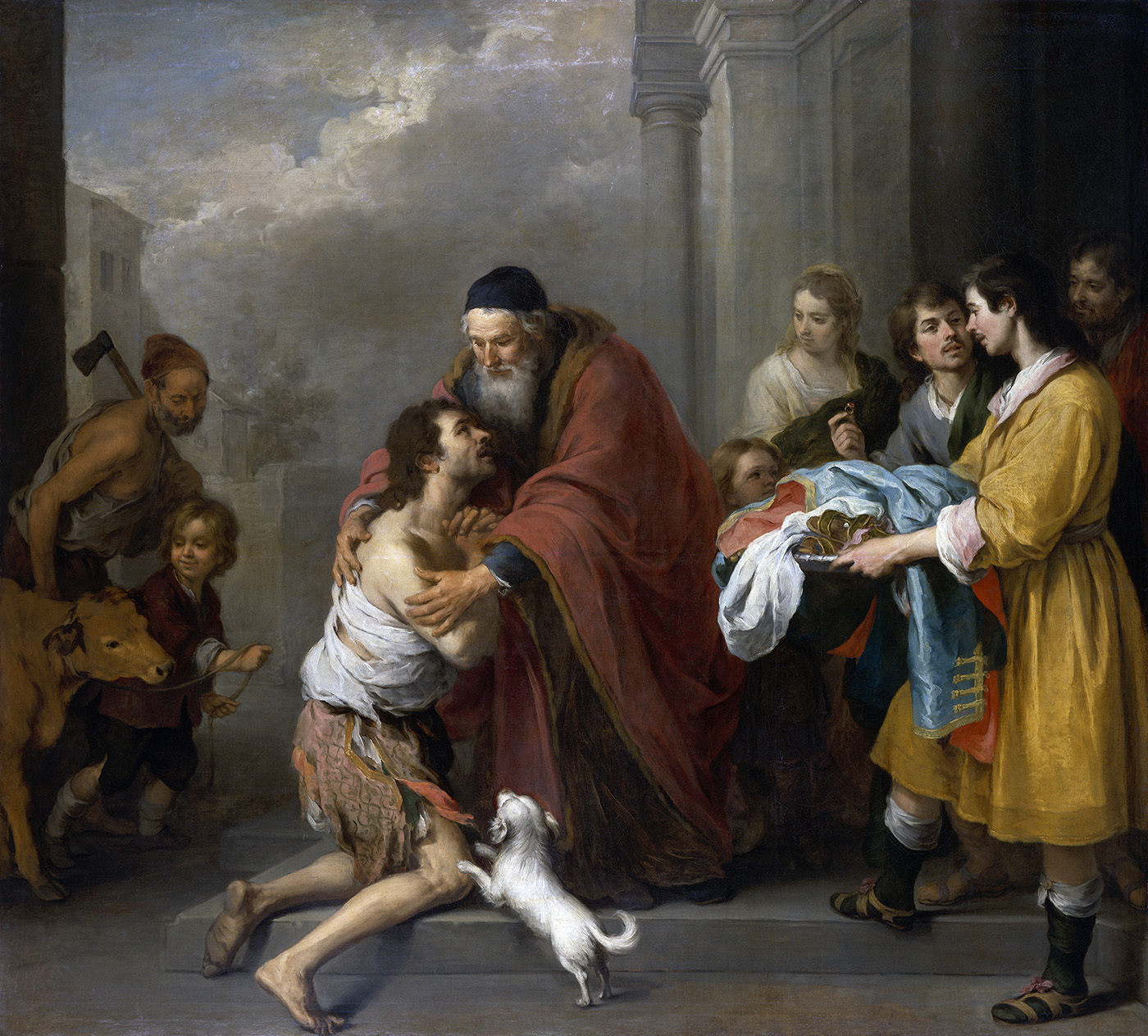Your Pregnancy Help Organization and COVID-19
If you are a Heartbeat Affiliate, please click log in at the top of the page to view more materials! Additional materials will appear below for those current affiliates who are already logged in. Click here for more information about affiliating with Heartbeat International.
You can also get a recording of our webinar series Coronavirus and Your Pregnancy Help Organization for free by clicking here. Resources related to those webinars are also available on the Complimentary Materials page here.
The information in these articles is accurate as of the publication date of each one. We are working to keep our articles up-to-date as changes surrounding COVID-19 occur, and we encourage everyone to check the CDC, WHO and their local authorities as the situation is ever-evolving.
Displaying items by tag: tlcOct18
A Story of a Loving Father
Servants of Excellence
“And he said, ‘A man had two sons.’” Luke 15:11
The story we know as “The Prodigal Son” is only recorded by Luke, yet Jesus’ rendition of this parable is one of the most-loved of all.
We’ve heard this story so often, we might overlook some of it if we’re not careful. Even the beginning, because it is in the first phrase where we find who this story is all about: A Father. Jesus even says so.
The rest of the story is common knowledge, in and out of Christianity. A son tells his father he wants his inheritance now, then squanders everything before coming to his senses. He goes back and asks his father for forgiveness. The father not only grants the forgiveness but throws a party because his son has come home and is back in the fold.
There is a back story of course. The other son is not happy, because he’s hung around the home all this time and did what he was told (but probably with a poor attitude). He complains that his father is celebrating a loose-living son’s return. The second son wants punishment for the prodigal, but dad is simply thrilled to see reconciliation take place.
Back to the beginning. “A man had two sons.” In the day and time Jesus spoke these words, fathers ruled the roost. No son would speak to a father like the prodigal did. In truth, asking for his inheritance early, in this culture, was akin to saying, “Father, I wish you were dead.” Really, it was.
So here was a dad, being figuratively spat upon by his own son. The one he raised. The one he nurtured and taught. The one to whom he would one day give half of all he owned. Instead of experiencing the love of his son, this dad was rejected in the worst way.
For this father, his entire world was crashing down. But instead of anger or “laying down the law,” this father granted the prodigal’s wish.
The ending of course, is one of reconciliation. The son comes home and while his brother is less than thrilled with what transpires, the father—the subject of this story—could not be more excited.
Jesus told this story to remind us of his Father’s love for us. We are co-heirs of this reconciliation. We should be ecstatic that our God would love us so much that whatever we’ve done, wherever we’ve run off to, if we return to our Father he will throw a party in our honor.
It’s a great parable and we extrapolate many deep truths from this story. We share it with children in Sunday school. But do we believe it?
This is the question we face, because many (perhaps all?) of us have those moments where we seek forgiveness more than once for the same offense. We don’t believe we are totally forgiven. So, we ask again. And again.
Maybe we carry around our shame. We try to make up for our past decisions in different ways.
But once we’ve “come home” to the Father, perhaps the best and most important thing we can do is enjoy the party He throws in our honor. Whatever we are carrying around, let’s lay it down before the Father one last time.
Once this takes place, let’s accept the ring He gives us and get out our fork and knife. It’s time to enjoy the fattened calf and start the party. I think this is what God truly wants from us.
by Kirk Walden, Advancement Specialist

